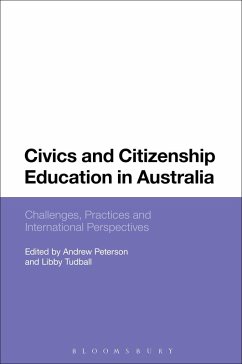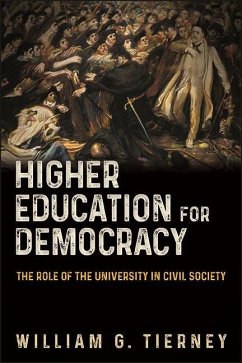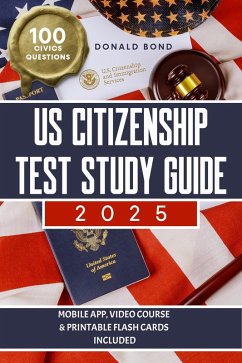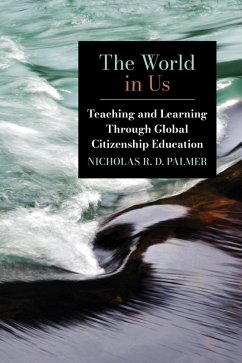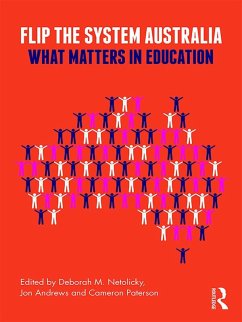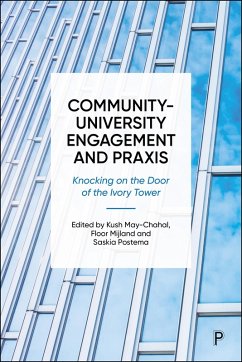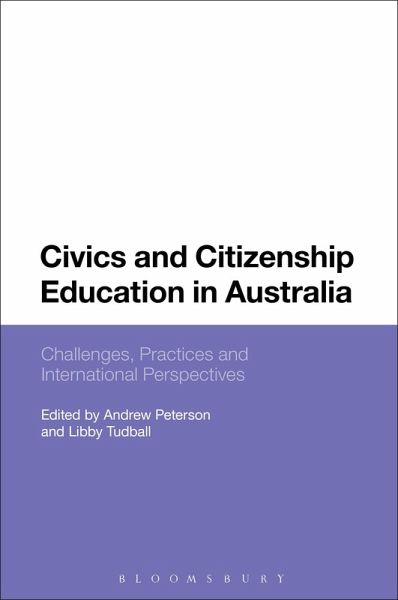
Civics and Citizenship Education in Australia (eBook, ePUB)
Challenges, Practices and International Perspectives
Redaktion: Peterson, Andrew; Tudball, Libby

PAYBACK Punkte
15 °P sammeln!
Civics and Citizenship Education in Australia provides a comprehensive analysis of teaching and learning in this field in Australian schools, drawing on case study material to demonstrate the current practice in the field. Reflecting on the issues and possibilities raised by the inclusion of civics and citizenship education in the new national Australian curriculum, leading national and international scholars analyse the subject's theoretical, curricular and pedagogical bases and approaches. Placing civics and citizenship education within historical and contemporary contexts, the book critical...
Civics and Citizenship Education in Australia provides a comprehensive analysis of teaching and learning in this field in Australian schools, drawing on case study material to demonstrate the current practice in the field. Reflecting on the issues and possibilities raised by the inclusion of civics and citizenship education in the new national Australian curriculum, leading national and international scholars analyse the subject's theoretical, curricular and pedagogical bases and approaches. Placing civics and citizenship education within historical and contemporary contexts, the book critically explores a range of issues concerning the development, organisation and teaching of the subject. These include how the subject might include indigenous, global and Asian perspectives, and how it may help students to engage with issues around sustainability, active citizenship, diversity, religion and values. The final chapters written by scholars from England, the USA, Canada, Hong Kong and Singapore adopt a comparative approach situating Australian civics and citizenship education in the wider international context.




